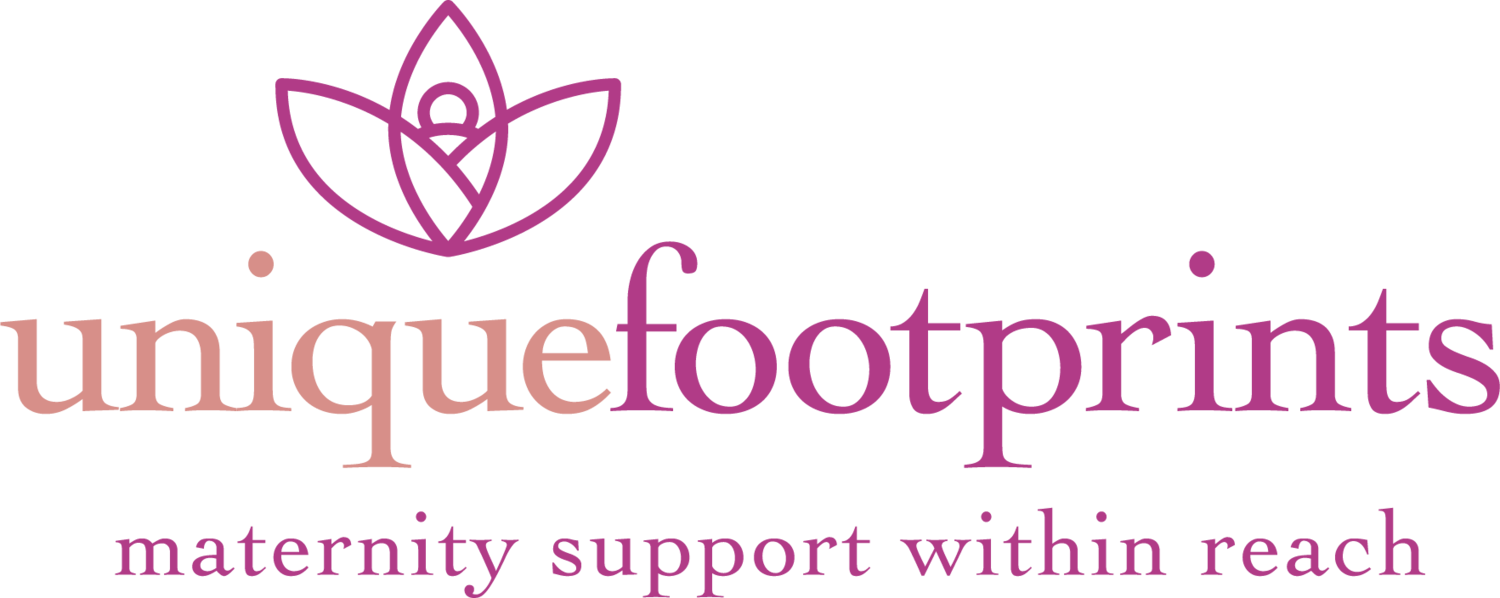How to Make a Postpartum Coping & Sleep Plan (That Really Works!)
Making a proactive postpartum coping plan is a must before delivery
You want to do this before baby comes so that you’ve got your head on straight! You don’t want to wait until after delivery when you’re juggling learning to feed a sweet new baby, physical recovery from birth, sleep deprivation, and major life adjustment. Make a solid plan antepartum with lots of flex room involving lots of help from others. Check out some of our tips when preparing for the postpartum period.
It Takes a Village
You’ll need both practical and emotional support after baby. Something I often hear is “well other women do it alone.” That’s not exactly true. Most women that we see have some form of practical support in the postpartum period whether that is their significant other, their mother, their sister, another family member, a friend, a night nanny, a day nanny, a housekeeper, etc. One thing is for sure that women who establish a plan for practical support following pregnancy do better! I recommend ensuring that you have extra help for at least four weeks. Extend that time if you have older children you’re also caring for and/or if you have given birth to multiples.
Stay in Your Lane
Once you have extra help established, identify who is doing what. Ideally, the mother should only focus on taking care of herself and the baby…I mean really, she should focus on making sure she is sleeping enough, eating enough, drinking enough water, getting to shower, and loving on and feeding her baby. Identify someone else to cook, clean, help with older children and manage other tasks. Assign the tasks specifically to your village to ensure that each person knows when and how to help you. Make sure your significant other or primary support person knows your expectations for them and how to support you emotionally. For example, we often prepare partners to be on food and water duty (e.g., they prepare and bring food to mama and monitor her water intake), as well as actively paying attention to mom’s mood and sleep so they can jump in and be an advocate when needed.
Sleep
Obviously. Sleep is the one thing all postpartum women want and unfortunately it often feels out of reach. We take a very individualized approach to sleep planning and intervention for postpartum women, but a few things hold constant:
Sleep is the number one recommendation to address and prevent postpartum depression.
The postpartum period is a marathon not a sprint. Women often try to power through without sleep, fueled by adrenaline, especially at the beginning. Unfortunately, this leads to a serious crash. Slow and steady wins the race. Prioritize sleeping when the baby sleeps. Try to get consolidated sleep of at least 3 hours at a time. Hopefully you can get at least 2 solid chunks of sleep at night plus a nap during the day, this would be the bare minimum at the beginning and should slowly get better over time.
The most important thing to note is that sleep doesn’t happen on your own, most of the time women will need a member of that village to take care of the baby or other children to allow them to sleep.
Finally, you may have to give up something to fit in the sleep. There is always time tomorrow for laundry or your favorite TV show. Sleep is not something you can sub out. It’s essential for the foundation of your being (literally for your body, mind, mental health and relationship with your baby).
Remember that You have Needs Too
Don’t forget good old-fashioned self-care. Circling back to staying in your lane since we cannot overstate enough the importance of taking care of your unique needs so that you have some cushion to take care of others. Please take a shower, put on day time pajamas, make time for something you enjoy (even if it’s a visit from a friend while you’re feeding baby or a walk around the neighborhood while partner is bonding with baby). Most important of all, empower yourself to speak up if something is not right. If you can feel that something is off about yourself, if you cannot sleep and it’s getting worse, or your mood is shifting, then reach out and get professional help. Call your medical provider and let them know what’s going on. Ask them for a mental health provider specialized in perinatal sleep and mood disorders. Remember that this time is temporary. If you are struggling, with help you can be well again.
Pregnancy Course
We help you have a healthy pregnancy, birth & baby
30 Money Back Guarantee
Motherhood Course
Have an easier recovery and enjoy motherhood.
30 Day Money Back Guarantee
Unique Footprints Authors:
Katie Sardone, PhD
Dr. Katie Sardone is on the Unique Footprints Psychology team, she’s a Licensed Psychologist and the founder of Behavioral Health Dallas, PLLC. She is also a Certified Maternal Mental Health Expert for prenatal/postnatal. Read more about Dr. Sardone here.
From the Unique Footprints editorial team and Jenny Morrow, founder of Unique Footprints. Unique Footprints follows strict reporting guidelines and uses only credible sources from ACOG, the American Academy of Pediatrics, CDC, the U.S. Surgeon Guidelines and the Academy of Nutrition and Dietetics. The UF TEAM also thoroughly researches peer-reviewed studies, academic research institutions and highly respected health organizations. Unique Footprints is endorsed by the American Pregnancy Association.



